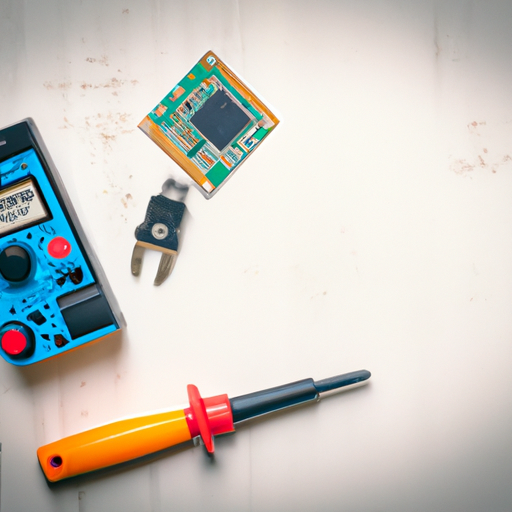Certainly! The Maker/DIY and Educational sectors have experienced remarkable growth, driven by advancements in technology that empower individuals to create, innovate, and learn. Below is a detailed overview of core functional technologies and notable application development cases that exemplify the effectiveness of these sectors.
Core Functional Technologies
| 1. Microcontrollers and Single-Board Computers |
| 2. 3D Printing |
| 3. Robotics Kits |
| 4. Internet of Things (IoT) |
| 5. Software Development Platforms |
| 1. STEM Education Initiatives |
| 2. Community Maker Events |
| 3. Environmental Projects |
| 4. Assistive Technology Development |
| 5. Art and Technology Integration |
Application Development Cases
Conclusion

The Maker/DIY and Educational sectors are flourishing due to the integration of innovative technologies and hands-on learning experiences. By leveraging tools like microcontrollers, 3D printers, and software development platforms, educators and makers can create engaging projects that foster creativity, problem-solving, and technical skills. These initiatives not only enhance learning but also prepare students for future challenges in a rapidly evolving technological landscape, promoting a culture of innovation and lifelong learning.
Certainly! The Maker/DIY and Educational sectors have experienced remarkable growth, driven by advancements in technology that empower individuals to create, innovate, and learn. Below is a detailed overview of core functional technologies and notable application development cases that exemplify the effectiveness of these sectors.
Core Functional Technologies
| 1. Microcontrollers and Single-Board Computers |
| 2. 3D Printing |
| 3. Robotics Kits |
| 4. Internet of Things (IoT) |
| 5. Software Development Platforms |
| 1. STEM Education Initiatives |
| 2. Community Maker Events |
| 3. Environmental Projects |
| 4. Assistive Technology Development |
| 5. Art and Technology Integration |
Application Development Cases
Conclusion

The Maker/DIY and Educational sectors are flourishing due to the integration of innovative technologies and hands-on learning experiences. By leveraging tools like microcontrollers, 3D printers, and software development platforms, educators and makers can create engaging projects that foster creativity, problem-solving, and technical skills. These initiatives not only enhance learning but also prepare students for future challenges in a rapidly evolving technological landscape, promoting a culture of innovation and lifelong learning.








